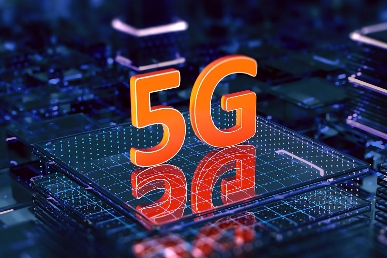
Low Latency: 5G networks provide extremely low latency (as low as 1 ms), which is essential for applications requiring real-time communication, such as remote surgery, autonomous vehicles, and industrial automation.
Enhanced Mobile Broadband (eMBB): 5G is designed to provide high-speed internet access with greater capacity, benefiting users in densely populated areas and enabling seamless streaming and downloading experiences.









Massive Machine-Type Communications (mMTC): 5G supports a vast number of connected devices, enabling the Internet of Things (IoT) with reliable connectivity for various environments, from smart cities to agriculture.
Ultra-Reliable Low Latency Communications (URLLC): 5G introduces URLLC, which ensures high reliability for mission-critical applications where failure is not an option, such as in healthcare, manufacturing, and transportation.
Network Slicing: 5G allows the creation of virtual networks on a single physical infrastructure, enabling tailored services that can meet specific reliability and performance needs for different applications.
Dynamic Spectrum Sharing: 5G can utilize different frequency bands dynamically, improving reliability in various conditions and environments by adapting to network demand and interference.
Advanced Antenna Technologies: 5G employs advanced antenna systems, such as Massive MIMO (Multiple Input Multiple Output), which improves signal quality and reliability through better spatial multiplexing and beamforming.
Redundancy and Resilience: 5G networks are being designed with built-in redundancy to ensure that if one part of the network fails, others can take over seamlessly.
These features are aimed at ensuring that 5G can support a wide range of applications, from those requiring simple connectivity to highly sensitive environments where reliability is paramount. Overall, the enhancements in 5G are expected to have a transformative impact across various sectors, enabling new services and improving existing ones.


Leave a Reply